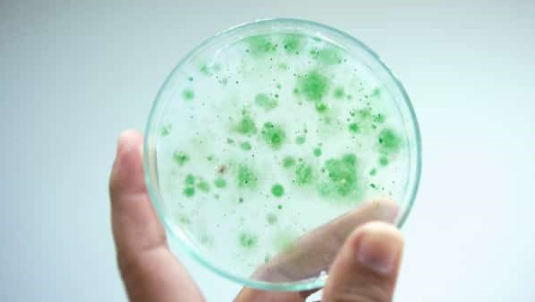THUNDER BAY – Blue-green algae has been identified in Icarus Lake, prompting a public health warning to avoid the water there.
The lake is located just east of Northern Lights Lake, about 100 kilometres west of Thunder Bay.
Blue-green algae was also identified in the lake in 2019 and 2020.
The Ministry of the Environment, Conservation and Parks confirmed the presence of blue-green algae in a water sample collected at Icarus Lake on July 3, the Thunder Bay District Health Unit reported Wednesday.
It's the first blue-green algae bloom the health unit has reported in 2022.
Water should be avoided whenever a blue-green algae bloom is present, and for about two weeks after it dissipates, the health unit said.
It’s important to avoid drinking, swimming in, or using the water for household purposes, the agency said.
Pets are also vulnerable to the microscopic organisms, also known as cyanobacteria, that make up the blooms.
The organisms are naturally present in lakes and streams, usually in low numbers, but can rapidly increase in warm, shallow surface water under sunny conditions.
When this happens, they can form blooms that make the water look like green pea soup or turquoise paint. Some blue-green algae blooms produce toxins that are harmful to human and animal health when consumed, inhaled, or even from skin contact.
If contact with a bloom does occur, the health unit advises to wash the area with soap and clean water.
Blue-green algae blooms have been relatively rare in Northwestern Ontario, but have become more common in recent years. The health unit warns that’s a trend that could worsen as climate change causes water temperatures to rise.
Residents who spot a suspected blue-green algae bloom can report it to the Spills Action Centre at 1-800-268-6060. More information is also available by calling the health unit at (807) 625-5900 or visiting its website.
